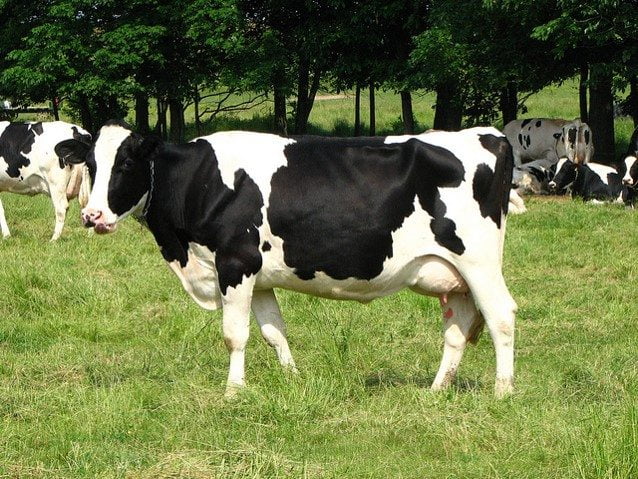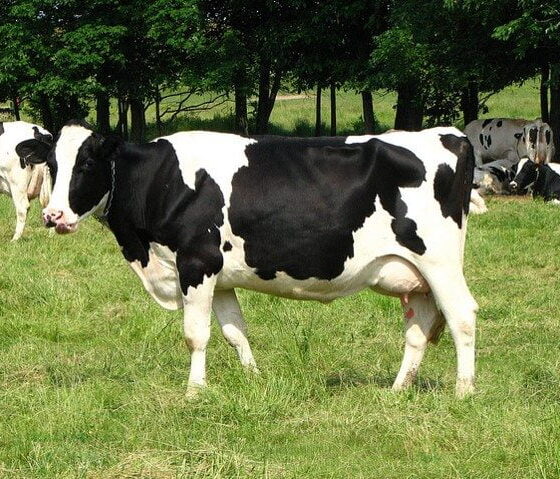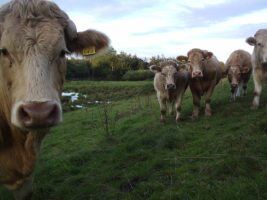

Environment
European Dairy Industry Asserts Strides In Sustainability
Education and training are at the heart of key initiatives across Europe to promote the benefits of the dairy industry and its products.
World Animal Protection says: “Seeing cows grazing in fields is one of the treasured sights of the UK’s countryside. However, this sight could disappear altogether as struggling dairy farmers come under pressure to change to more intensive farming methods, housing their cows in sheds for the majority, if not all of their lives, putting cow welfare at risk.
“Grazing on pasture also means cows can express their natural behaviour more easily, enabling them to move around freely, interacting with each other in small groups, suiting their sociable nature and the way that herd hierarchies are structured.”
At the European Dairy Association’s (EDA) Annual Congress, in Edinburgh two sustainability experts yesterday outlined programmes to facilitate job creation, training and development in the dairy industry.
Chris Edwards, Business Development Manager at Tetra Pak, presented the Eden project, a unique UK initiative set up by and for the dairy industry specifically to train dairy technicians and engineers.
Tom Banham, Head of Academy Talent Acquisition at Nestlé, also shared his insights at the breakout session about the European-wide Alliance for YOUth scheme which has seen Nestlé partner with almost 200 companies in Europe to assist young people in finding work opportunities
Edwards said: “The Eden Project was created from concept in 2007 and has been organic ever since. Its aim is to tackle the acute skills shortage particularly in the UK dairy industry but reflected across Europe. Since then we have seen the training scheme grow and develop into something really relevant, up to date and special for our industry.
“It’s about developing knowledge, skills and behaviours for the future of young dairy technical talent by creating a shared learning environment for our future colleagues.”
Banham added: “Unemployment today affects one in four young people below 25 and their 6 million families. This development, combined with an increasingly ageing workforce, is a serious threat to the European economy, as the EU market loses several billions of euros annually.
“It is essential that we provide practical help, insights and advice to students as we plan for the future and train the next generation of technical and commercial experts who will become the future leaders of companies like Nestlé and the wider food and drink manufacturing sector.”
Dr Judith Bryans, Chief Executive of Dairy UK, said: “The UK dairy industry works hard to address any skills shortage and to ensure the future of the dairy industry is sustainable. We are committed to promoting the dairy industry as a career-rich sector.
“The results so far have been encouraging and the dairy sector constantly strives to come up with workable solutions. Sustainability remains at the heart of the agenda across Europe.”


 Environment12 months ago
Environment12 months agoAre Polymer Banknotes: an Eco-Friendly Trend or a Groundswell?

 Features11 months ago
Features11 months agoEco-Friendly Cryptocurrencies: Sustainable Investment Choices

 Features12 months ago
Features12 months agoEco-Friendly Crypto Traders Must Find the Right Exchange

 Energy11 months ago
Energy11 months agoThe Growing Role of Solar Panels in Ireland’s Energy Future




























